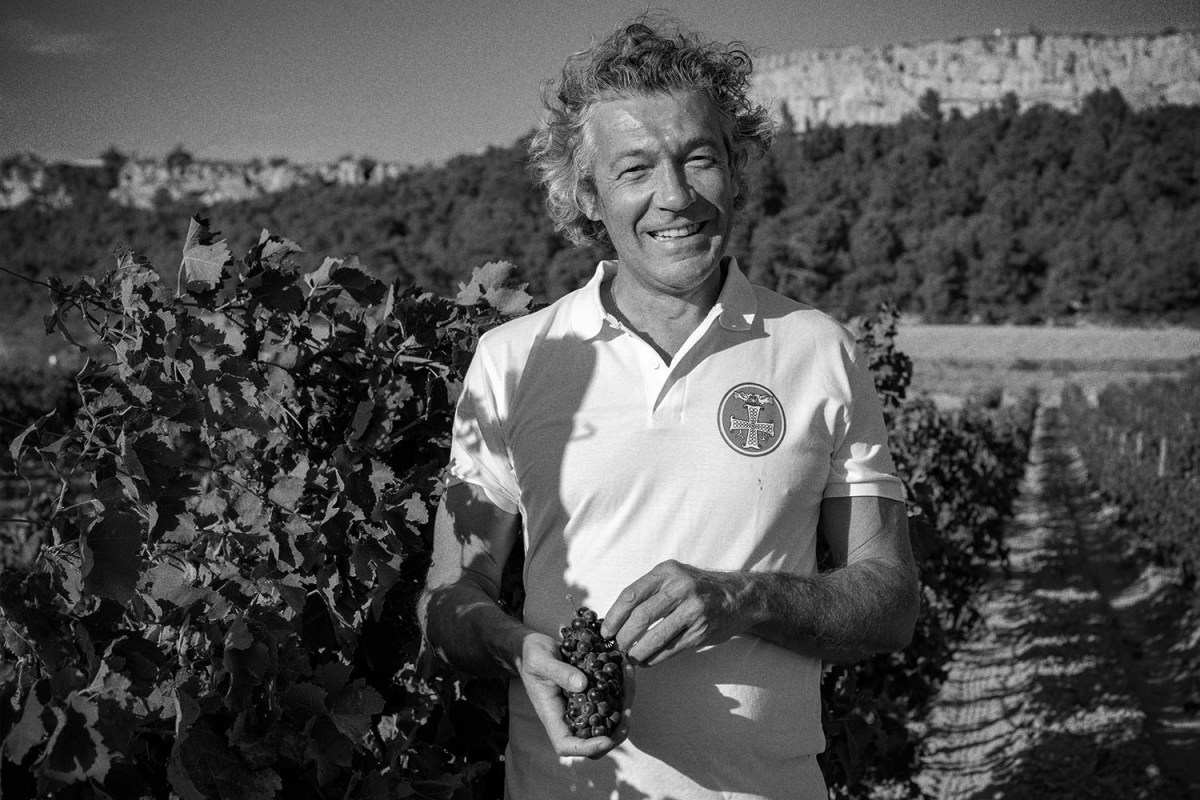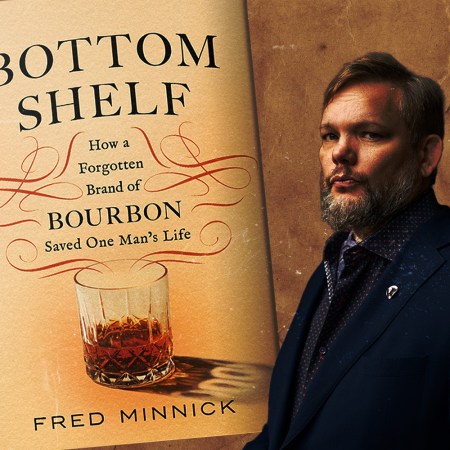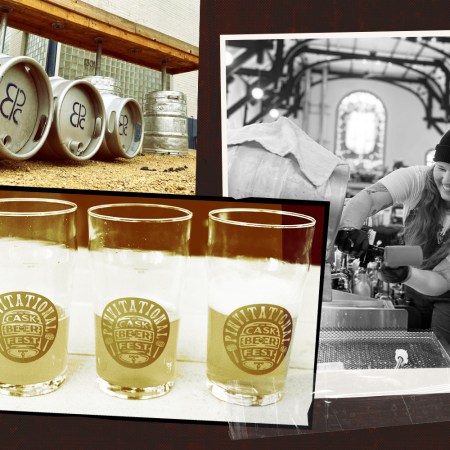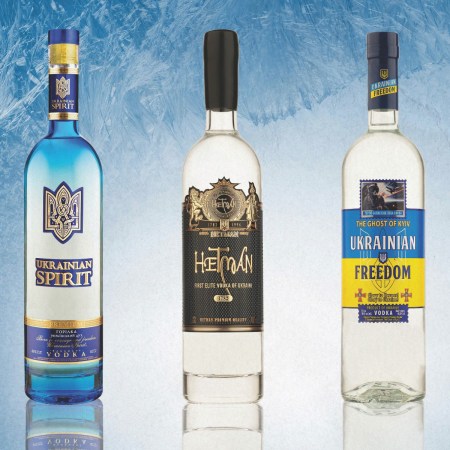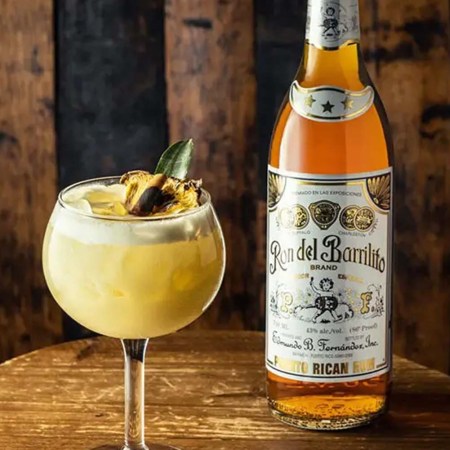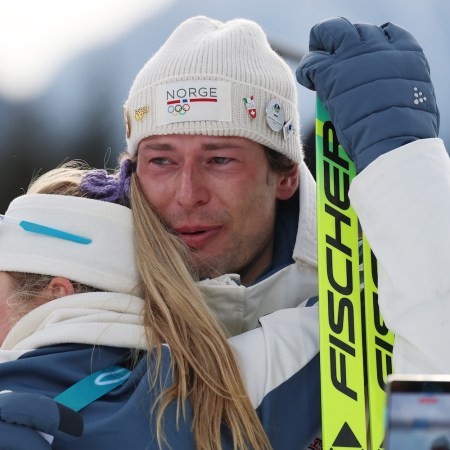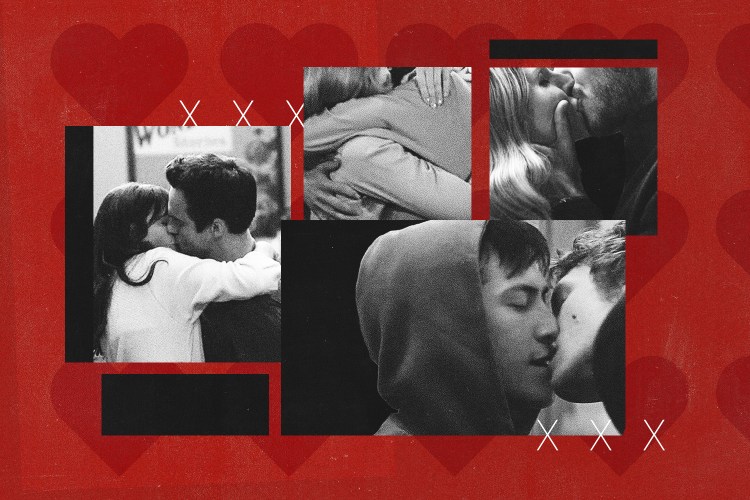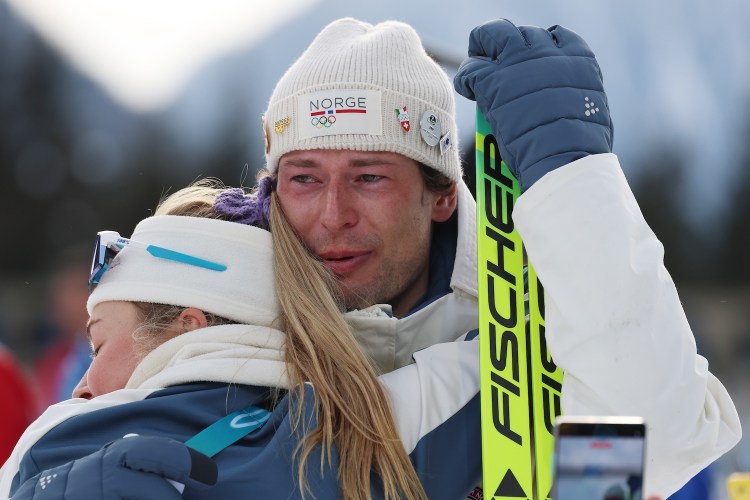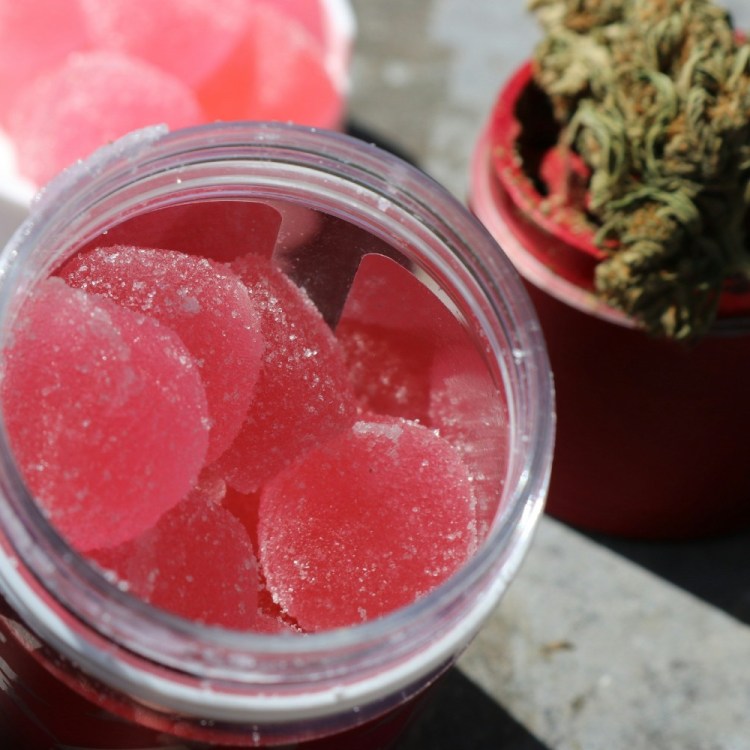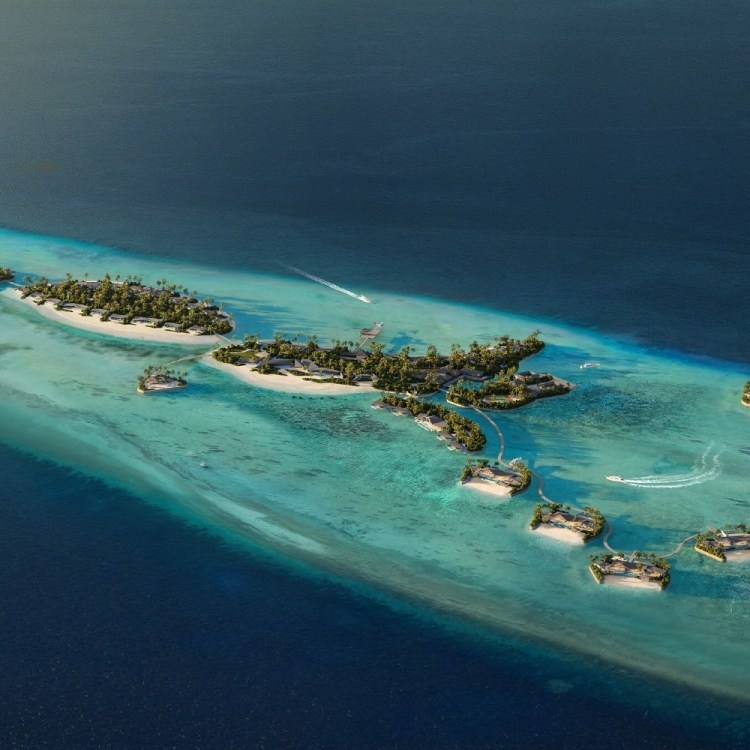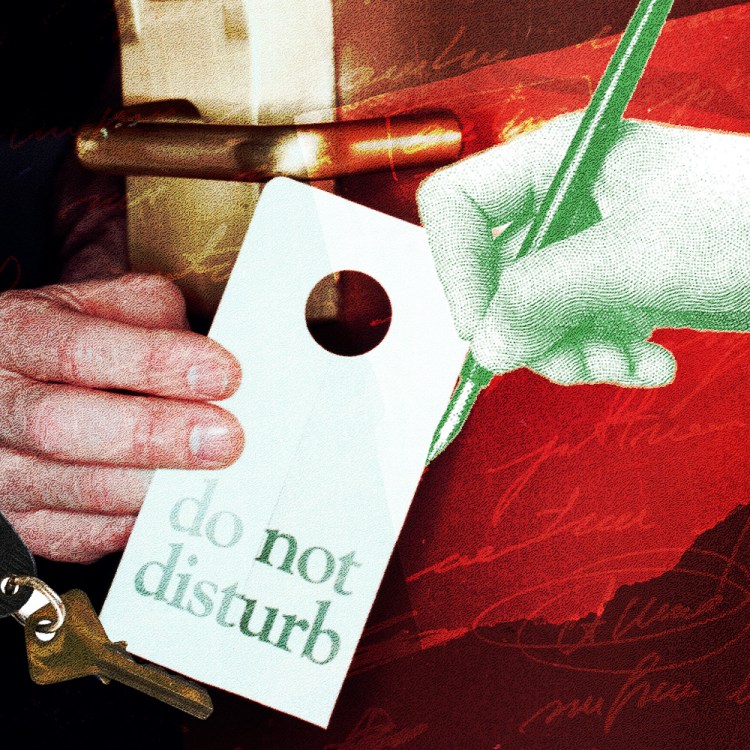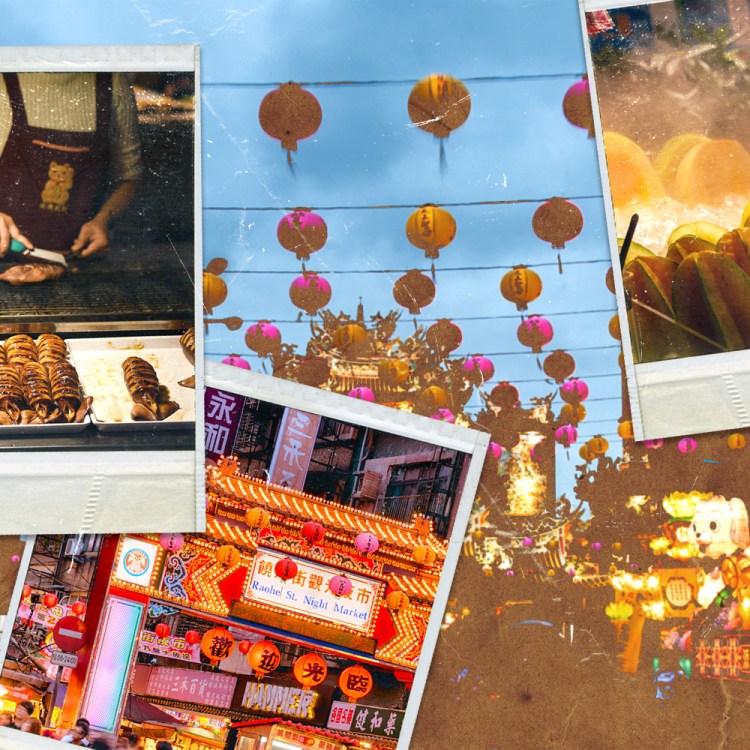The first time I met Gérard Bertrand, he joined a small group of travelers as we headed to his showcase Clos d’Ora estate for dinner. The stage needs to be set before any successful evening, and so with Bertrand’s encouragement, we all slipped off our shoes and started using a set of Tibetan singing bowls, inducing a trance-like, meditative state before enjoying a lavish multi-course dinner buttressed by vintage wines.
Above the tasting room in Clos d’Ora’s cellar hang the words paix amour harmonie, or peace love harmony, which reads like the type of home decor one purchases at Bed Bath & Beyond, but for Bertrand, encapsulates an authentic approach to wine and life. “Wine should deliver that message,” he said, before going onto discuss what he refers to as the pyramid of senses. “The minimum is pleasure,” Bertrand continued. “Taste is more than that. Taste comes from the terroir; when the winemaker has understood the music of the terroir.”
For him, taste is an emotion, as much about the setting and the company as the liquid itself. And it’s only from there that you can ascend further into the realms of paix amour harmonie.
If it all sounds a bit eat-pray-lovey for your sensibilities, I understand. I was in the same boat. But when Bertrand invokes those words, it doesn’t ring hollow or forced. It’s the legitimate ethos behind a growing empire that has him positioned as the kingpin of Languedoc wine and the lifestyle that the region — what he refers to as “the real south of France” — represents.
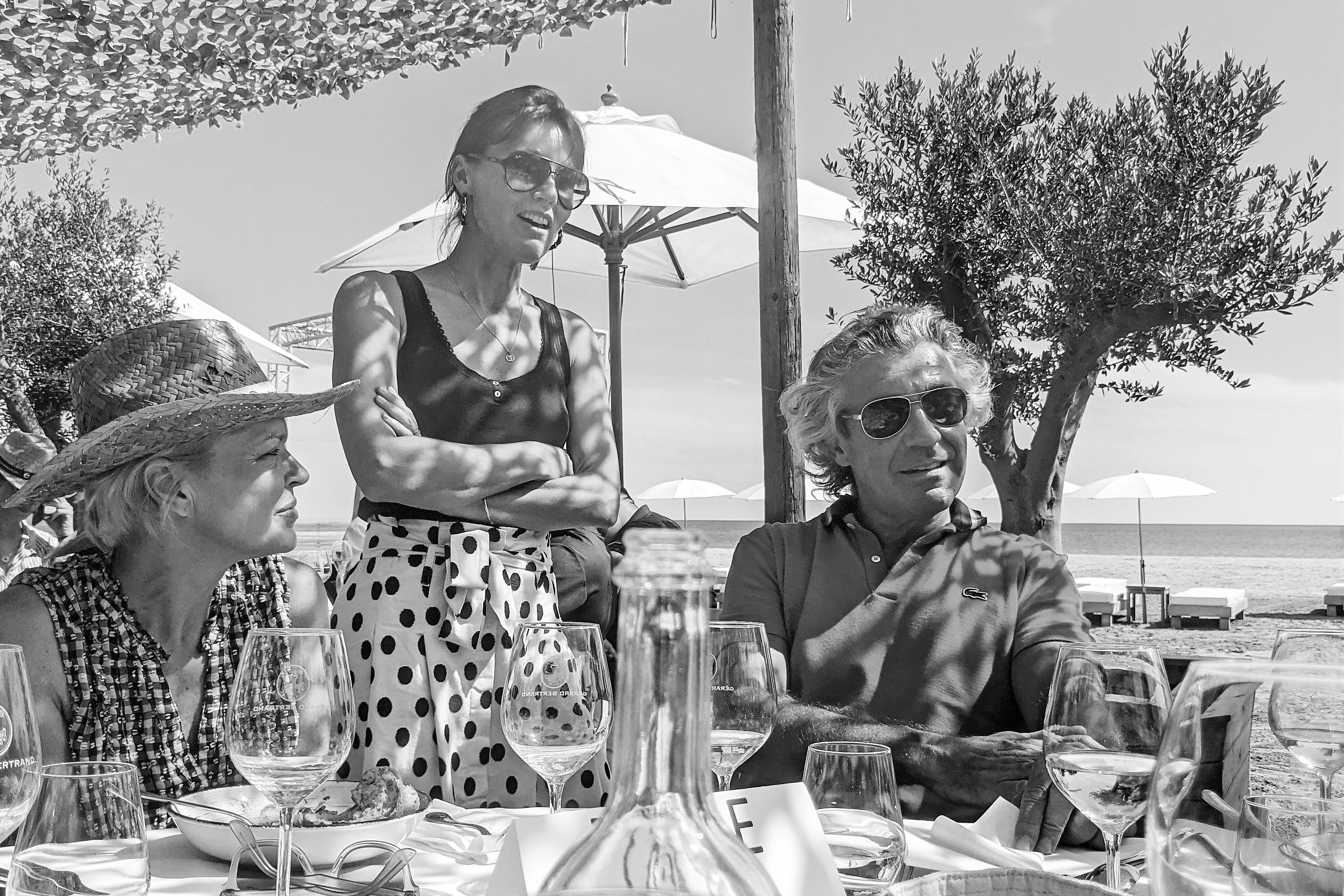
The Bertrand Biodynamic Empire
Bertrand is the driving force behind his eponymous wine label, which has grown to include 16 estates and roughly 2,100 acres of vineyards, all of which are now biodynamic. That makes him the largest biodynamic wine producer in the world. (Bertrand also purchases grapes from other producers who are not entirely biodynamic, but is working with them on a goal of achieving 100% organic practices by 2025.)
Biodynamic wine is poorly misunderstood by the drinking public at large, and is often pigeonholed as being a bit wacky and off-kilter due to some of its more, well, wacky and off-kilter practices. However, you need not explore the finer points of burying manure-filled cow horns under the soil. Instead, you can focus on the core of biodynamics, which is really a broad set of sensible agricultural practices stretching back thousands of years.
“If you grow with pesticides, you’re trying to command nature,” says Gilles de Baudus, who oversees the biodynamic practices across Bertrand’s portfolio. “With biodynamics, it’s the opposite. You let nature speak to you.”
Rather than douse vineyards with pesticides, biodynamics makes use of natural treatments. These may include plant material such as oak, chamomile, nettles, horsetail and dandelion, which are deployed in ways designed to impart their own beneficial properties to the soil and vineyards where they’re used.
It’s not a one-size-fits-all approach, either. Bertrand has 16 estates, sure, but they’re subdivided with meticulous precision, resulting in 680 unique plots, each of which receives its own fine-tuned biodynamic strategy.
Biodynamics is about connection to the land and the earth, and stewardship which maximizes the health of the entire ecosystem, rather than focusing on the yield or efficiency of grape vines alone. “You need to observe first, you need to understand what’s going on, and you have to be very humble,” de Baudus says.
For Bertrand, who’s a third-generation winemaker with a prior life as a professional rugby player, including a stint as captain of Stade Français Paris Rugby in France’s top league, the switch to biodynamics was a personal one. While he had already begun dabbling in the discipline, it wasn’t until 2006 that he overhauled his operations.
At the time, Bertrand was in the throes of an extended illness which put his longterm health in jeopardy. No doctors could seem to offer him a viable solution. He eventually sought out a homeopathic practitioner, and found himself in better health than ever. Voila. If taking care of his own body and health with natural practices achieved such wonderful results, what would happen if he took care of his vineyards in the same fashion?

Returning to Languedoc
After my first taste of the Languedoc lifestyle, I knew I needed to return. Bertrand seems to move through the world with a cheat code, living a life filled with stunning châteaux amid beautiful scenery and beautiful people, and reveling in a hedonistic approach to life and wine which has earned him literal riches as well as more ethereal ones. I knew there was more to learn.
I also knew I needed to get into the right state of mind, just as Bertrand sets the stage before a good meal. As such I decamped to Paris and checked into the Relais Christine, an elegant boutique hotel nestled alongside the city’s Left Bank. The 48-room property in the 6th arrondissement — a Small Luxury Hotels of the World member — is a converted private residence, and the ideal place to practice a bit of self-care.
You’d walk right past it though if you didn’t know where to look. Hidden behind a ho-hum entrance and offset by a charming garden courtyard, it’s not until you step inside and enter its ornate environs that it clicks. The property manages to pull off the feat of convincing you that by staying there, you’re in on a closely guarded secret. Your very own little Paris cheat code, as it were.
The Relais Christine is a trip back through the centuries delivered via classic French opulence — gold frames and fringed pillows and marble floors, two-story suites with chandeliers and enormous soaking tubs, all a 10-minute walk away from the Louvre and Notre Dame. A place where jazz plays softly in the background as you devour a dreamy and indulgent Parisian breakfast spread, helping yourself to pours of Champagne from the lobby’s honor bar as you come and go. Ease yourself into such a routine and it’s hard to ever escape, so strong and innate is its gravitational force. Bertrand would approve, I think. And so, steeped in France’s well-honed approach to extravagant luxury, I was ready. It was time for Languedoc.
After a four-hour train south to Narbonne, I arrived at Bertrand’s Château L’Hospitalet, an immersive wine resort. A new wing of suites, the Villa Soleilla, with an infinity pool overlooking the vineyards and the sea beyond had been added since my last trip, placing visitors right in the midst of the idyllic lifestyle Bertrand’s wine represents. Its rooms are styled in a Tulum-chic sort of way, outfitted with bathtubs built for at least two, and showers built — theoretically — for a good deal more than that.
I wake myself up in time for a yoga session on my first morning at the property, despite the fact that a 9 a.m. workout is asking a lot of yourself when jet lag is compounded with the effects of what was, in hindsight, an excessive amount of wine the prior evening. The session is led by the vibrant and impossibly fit Alex, a French instructor who ends her class by bringing out what else but a set of Tibetan singing bowls. Now we’ve come full circle, and I was confident I had joined in the activity with good reason. “They work on your brain waves; that’s how they relax you,” she says of the instruments. My mind floats away to some far-off place as she whispers mantras and insights above our resting bodies. That special, ephemeral state of mind has returned. I’m in my element.
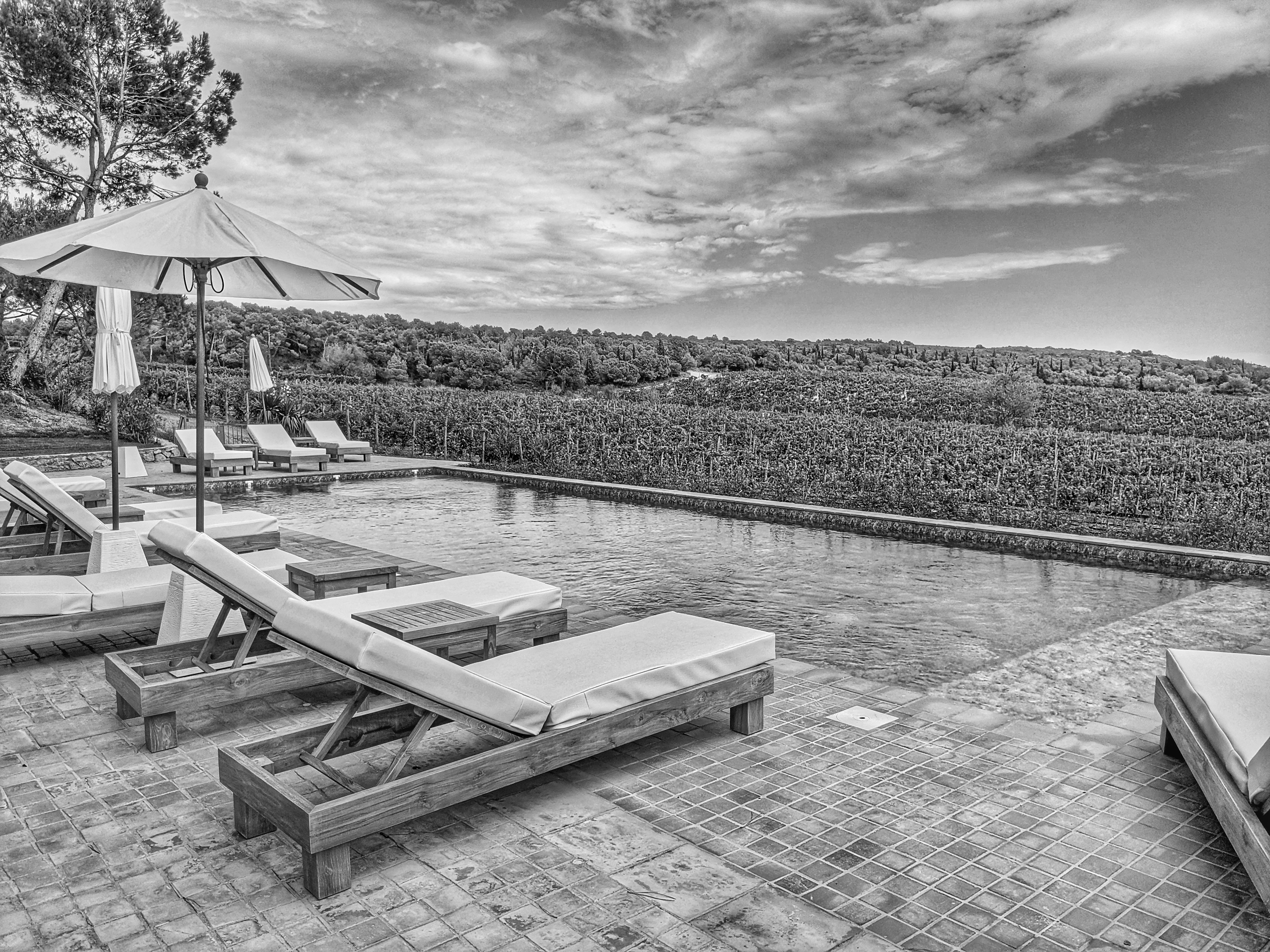
The Many Lessons of the Languedoc Lifestyle
Wine is often trapped in a stuffy prison of its own creation, one filled with overly complex tasting notes and stymied behind dissertations of micro-terroir and grape clones. That’s all fine and good if it’s your thing. But it doesn’t need to be.
“When people drink a glass of wine, they start to open their heart,” Bertrand says. Maybe that’s what it’s really all about. “Heart. Heart is the most important thing in the world.” Is he wrong?
When in doubt, allow the lifestyle to show you the way. We head to Clos du Temple, a small 12-hectare estate that is as much a super villain’s lair as it is a winery. It’s another piece of the Bertrand empire, another pinnacle, another perk of his life. The modernist structure, all jutting angles, carved stone and floor-to-ceiling windows, sits perched atop a hillside overlooking its vineyard, and inside, a grand piano sits above a glass floor, allowing you to peer down into the cellar below.
The nuts and bolts of the winery, usually a staid world of stainless steel, rubber hoses and assorted machinery, is instead designed as a series of black pyramids topped with golden light fixtures. Hanging above is an intricate geometric carving allowing sunlight to trickle through. The winery, which has thus far produced three vintages, is seemingly dramatic for the sake of the drama alone. Perhaps fitting for an estate which produces the world’s most expensive rosé — the 2020 vintage will set you back about $200.
Even newer is the sultry Château L’Hospitalet beach club, which made its debut this summer and is tailor-made for your rosé-all-day aspirations. Why did Bertrand build himself a beach club? “First of all, because it’s fun,” he says. Wouldn’t you, if you could?
Some 200 of Bertrand’s closest friends and associates — his family, his rugby pals, his top retailers and distributors and partners — have gathered at the beach club in celebration of the year’s harvest. When Bertrand arrives at his party, the last one in the door of course, the entire crowd of hundreds stops in its tracks. As he saunters around the room each guest looks and waits to be greeted, and Bertrand delivers, taking time to make the rounds, shake everyone’s hand and say hello.
Later, there’s to be an extensive wine masterclass tasting covering more than a dozen of his prestige offerings, as well as the debut of his new orange wine dubbed Villa Soleilla, a label set for release in the months ahead. It’s a $190 bottle made from the very vines you view from the hotel rooms of the same name. “It’s an orange wine for the 21st century,” Bertrand says, explaining that he tasted through 75 orange wines from around the world before settling on the profile he intended to create with it.
Before all that though, there’s the beach club. The party. The pleasure-first experience of life. Not for a tasting note. But for the moment itself. “People enjoy to be in the sun, enjoying life, having a glass of wine,” Bertrand says. He has a good point, doesn’t he?
This lifestyle, this sense of place, is what his wine is all about. It’s buoyed with the biodynamic practices which connect you firmly to the earth and its offerings: in this case, the veritable fruits of the vines. Bertrand says that wine is about “the 3Ts” of terroir, time and transcendence. “Wine is a multidimensional beverage,” he says.
I find myself nodding along. I agree, even if I don’t really know with what. The sentiment is agreeable, that’s clear, and I know it’s something I need to soak up and learn.
“People need to discover that wine is three dimensional,” Bertrand continues. I continue nodding. “But people are afraid of themselves and they don’t want to open a new chapter of their lives. To understand that the most important temple in your life is your body. You have to live with your body; you have to take care of your temple.”
By taking care of his temple, he started walking on the path of biodynamic wine. It led him to a literal temple — the Clos du Temple — and to the beach club, and to this party. “At the end of the day, we are connected to the cosmos,” Bertrand says. “We are connected to earth.”
I might never have the professional sports career or the wine estates or the crowd of fawning admirers. But I can sip on a glass of rosé at a sexy beach club, the Mediterranean lapping at my toes, and strive for the same ideals. The same mindset. Maybe that’s what his cheat code really is. “The only good word for it is ‘sensation,’” Bertrand says of the effect of a good wine. “You feel it, you feel the sensation.”
Here, among the beautiful people in supple clothing eating lavish dinners and talking late into the night, I feel it. Wine is no longer what’s in my glass, but an entire state of existence. And Bertrand is Siddhartha — the man who has figured out how to remain there forever.
Every Thursday, our resident experts see to it that you’re up to date on the latest from the world of drinks. Trend reports, bottle reviews, cocktail recipes and more. Sign up for THE SPILL now.
